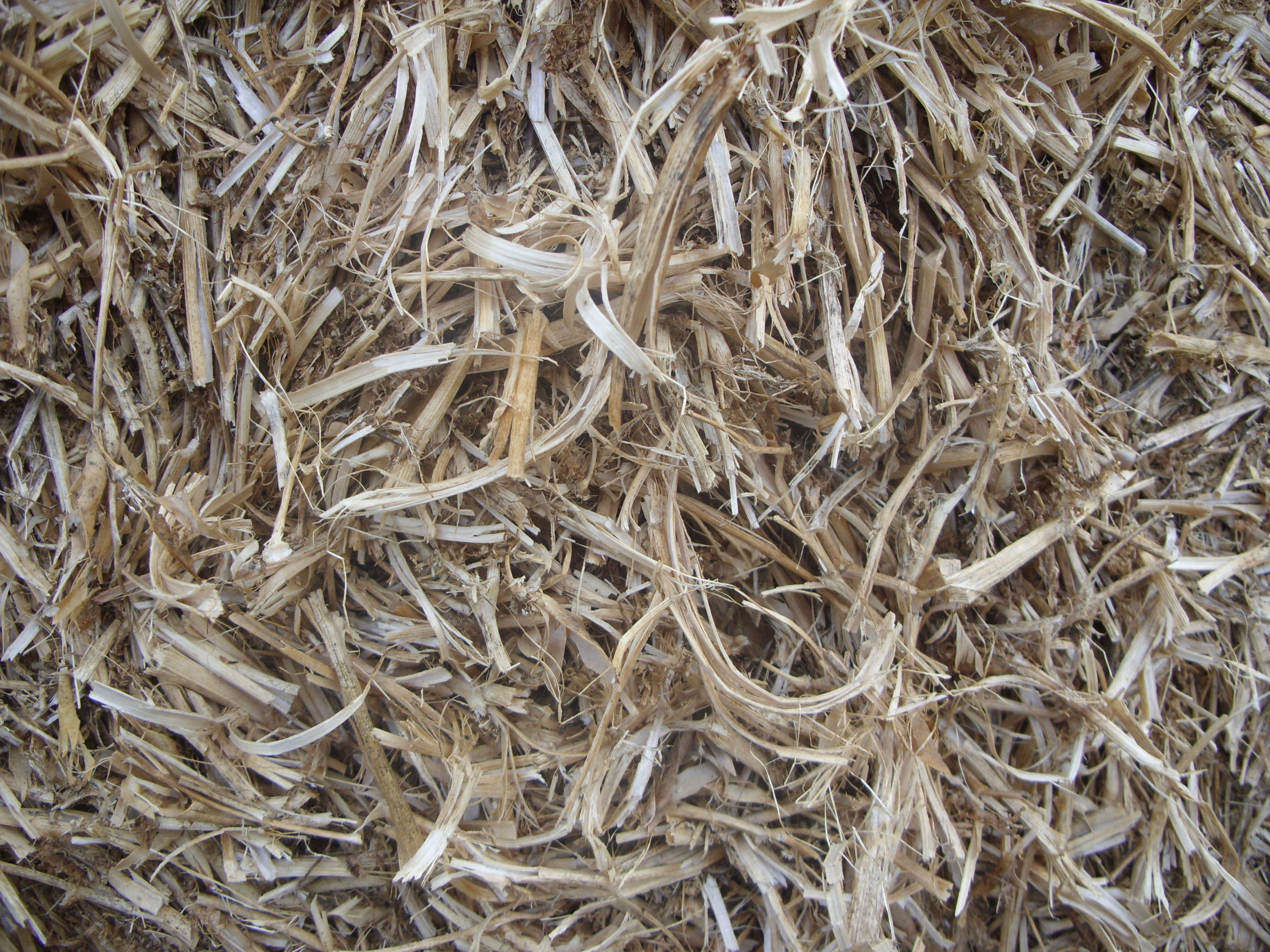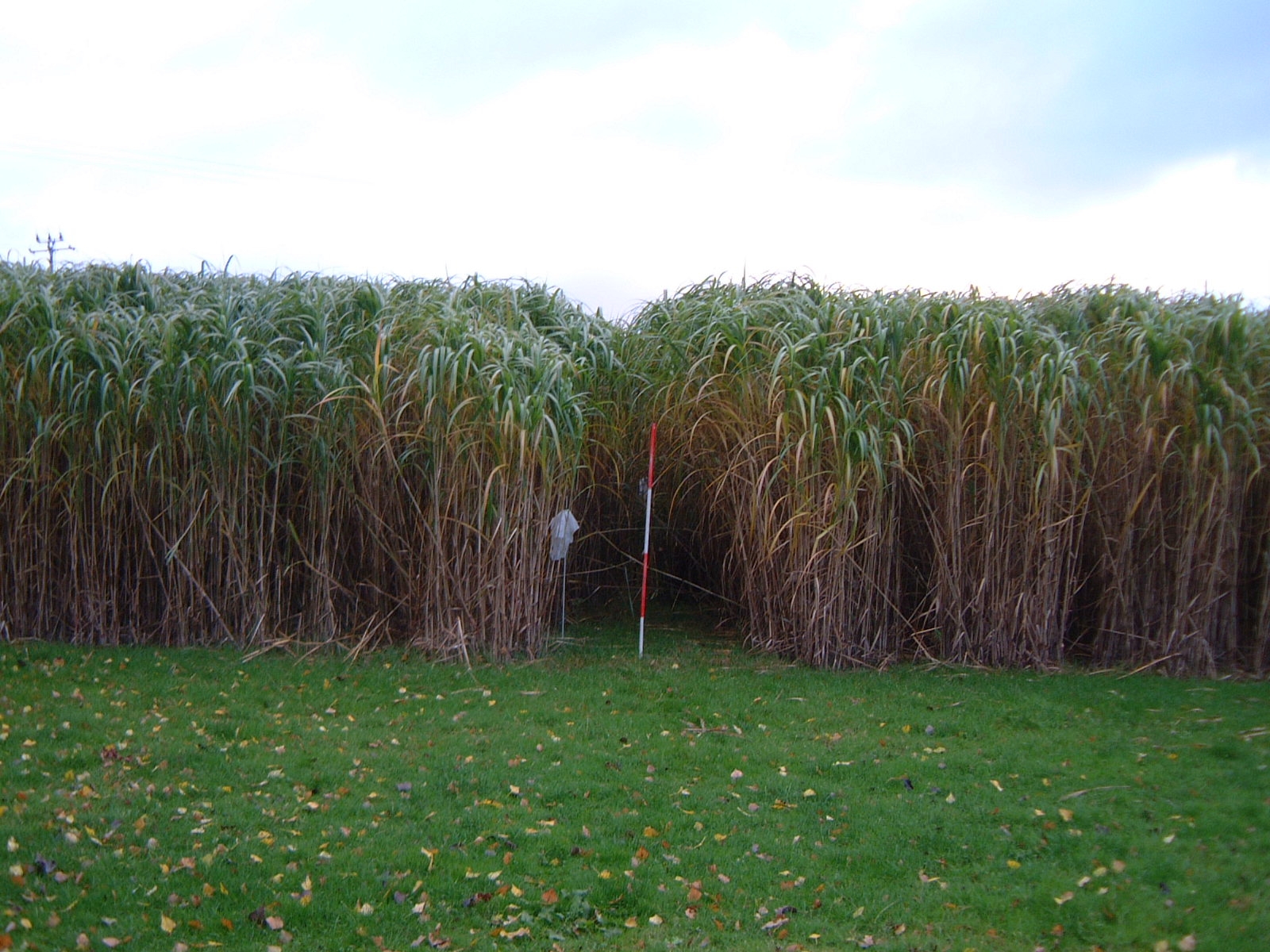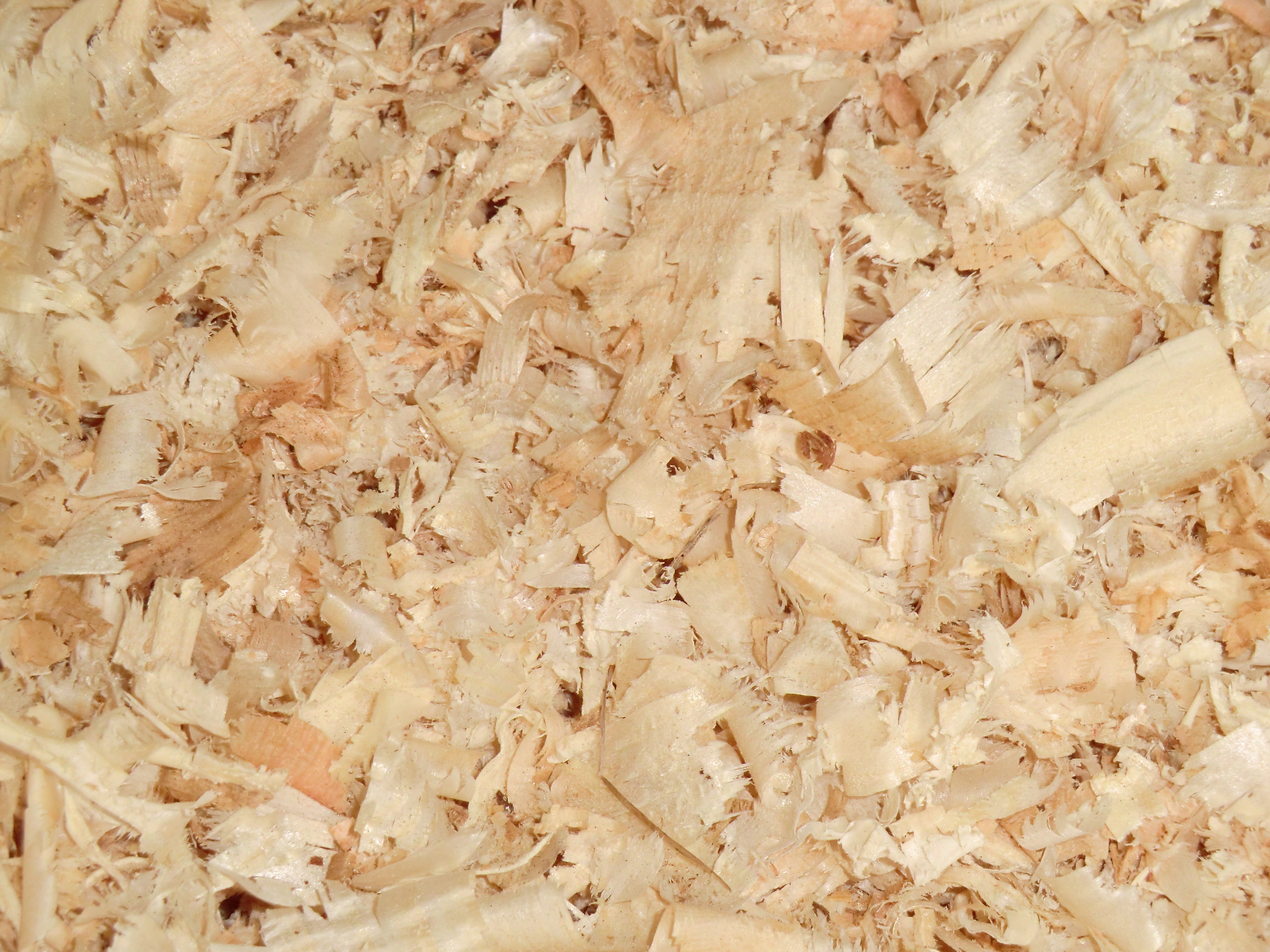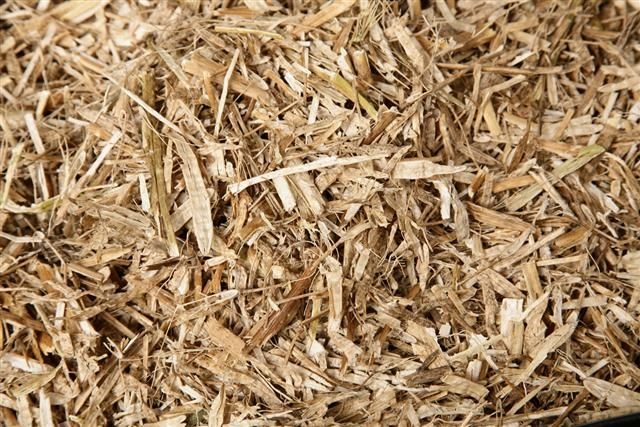- Home
- Knowledge library
- Alternative bedding for pigs
Alternative bedding for pigs
Some alternative bedding materials can be used in conjunction with traditional cereal straw, either to replace it or offset the increased cost and allow straw-bedding supplies to go further.
For example, paper, woodchip, pea and rape straw can work well for drainage and are good underneath or mixed in with straw.
Shredded paper
Cost: ~£90-100/tonne
Shredded paper is dust-free, costs little, is very absorbent and makes an excellent bedding material, especially in the farrowing house. It is light to handle and can be packaged in bales, which facilitates transportation. Similarly, shredded tissue and tea bag material have excellent absorbency and hygienic properties, so could be an option if you are near a plentiful source.
Shredded paper and card bedding needs to be changed regularly as it can warm up (particularly in current temperatures), due to its thermal capacity and provides the ideal breeding ground for bacteria/pathogens.
Note: A waste exemption will need to be registered with the Environment Agency to shredded paper as animal bedding. The exemption is U8 and further details can be found on the EA website
Pea and bean straw
Cost: ~£65/tonne
Pea straw is often used as a cattle feedstuff but bean straw can be baled for bedding. It is very thick and brittle and this abrasiveness means it may not be suitable for younger pigs. Units have had mixed results by using bean straw in sow and finisher systems.
It holds no feed value and is unpalatable; pigs can eat up to 2 kg of cereal straw a day but this cannot be achieved with bean straw. Changing from cereal straw to bean straw can lead to vice issues so, if using pea and bean straw, be vigilant for any issues developing.

Hemp straw
This is soft and absorbent and composts down efficiently.
A potential problem with this straw is that it can easily get caught up and carried around by pigs, meaning that outdoor sows could end up inadvertently emptying their huts, otherwise a good option.
Miscanthus (Elephant Grass)
Cost: At 20% moisture content may be available in some areas at ~£95/tonne
Miscanthus is highly absorbent and can absorb up to three times its own weight in moisture, it also composts down quickly.
It is a high-yielding energy crop so competition with the biofuel industry could make it more difficult to source.
Woodchip/coarse wood shavings
Cost: ~£125-140/tonne
Woodchip/coarse wood shavings (about 50 mm in size) can sometimes be obtained from processing plants and joinery manufacturers, where it is a by-product. It can often be obtained free of charge as the plant would need to pay around £50/T to dispose of it.
Home-grown wood or some types of recycled wood that can be chipped on the farm are likely to be the most cost-effective options.
If woodchip is obtained from industrial processes, caution is needed to check for nails/staples and hazardous chemicals before purchase.
Note: A waste exemption will need to be registered with the Environment Agency to use untreated waste wood as animal bedding. The exemption is U8 and further details can be found on the EA website
Rape straw
Cost: ~£60/tonne ex field
Rape straw has a stalky structure and is, therefore, not suitable for young pigs and is best used as a bottom layer with a cereal straw on top. It can be hard to obtain as it is a good source of P and K and valued by the arable farmers growing it.
Rape straw has a high oil content and is difficult to dry correctly for use as a bedding material. The bales can be particularly volatile and ignite easily when stored.
If using oilseed rape straw, consider where the manure is going to be spread afterwards and check which herbicides, if any, were applied to the crop. If the active ingredient Aminopyralid remains in the manure, it can affect crops on land where it is spread – so check herbicide labels and seek advice from an agronomist.
Hay and straw
Figures from the British Hay and Straw Merchants' Association for Great Britain show average merchant buying prices and are available on a monthly and weekly basis.
Prices include big bale hay and big square baled barley and wheat straw.




